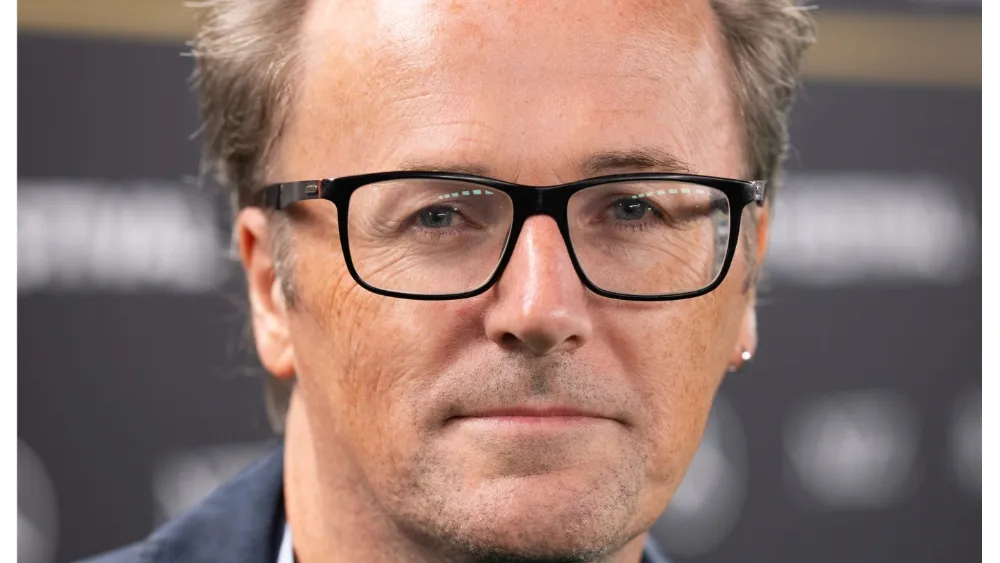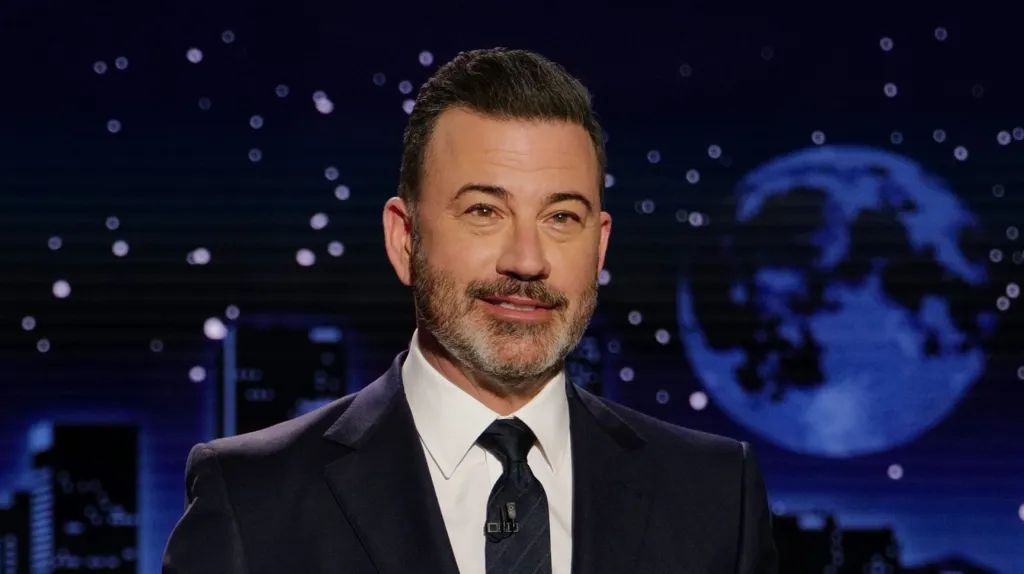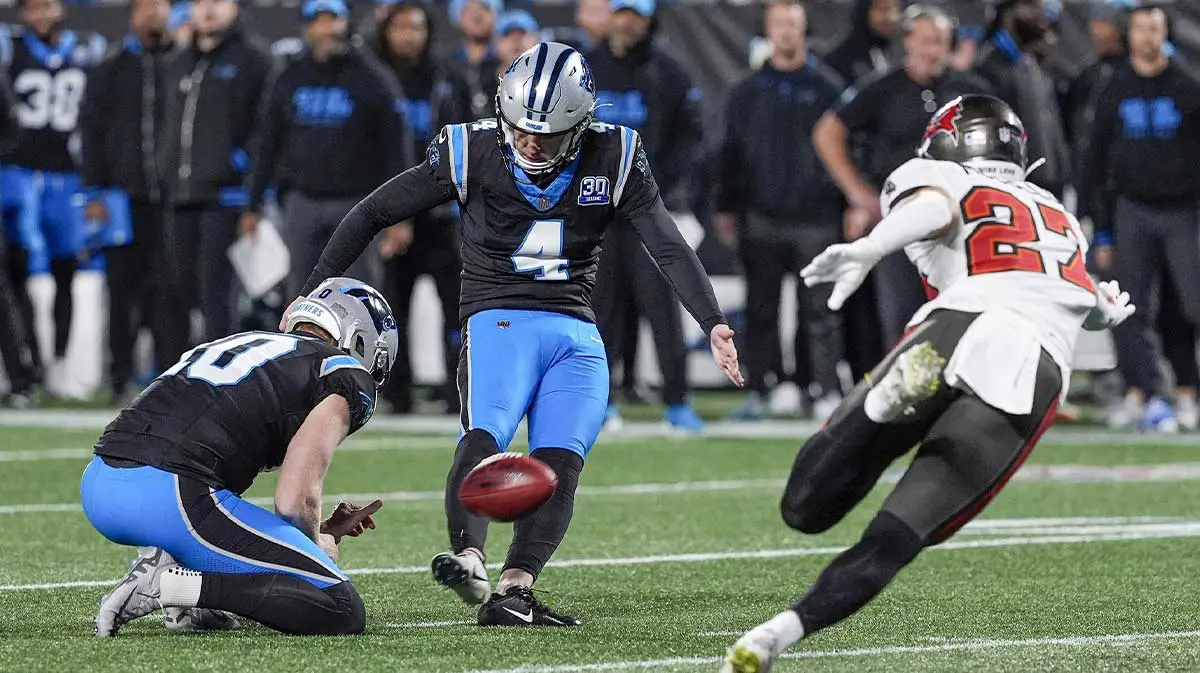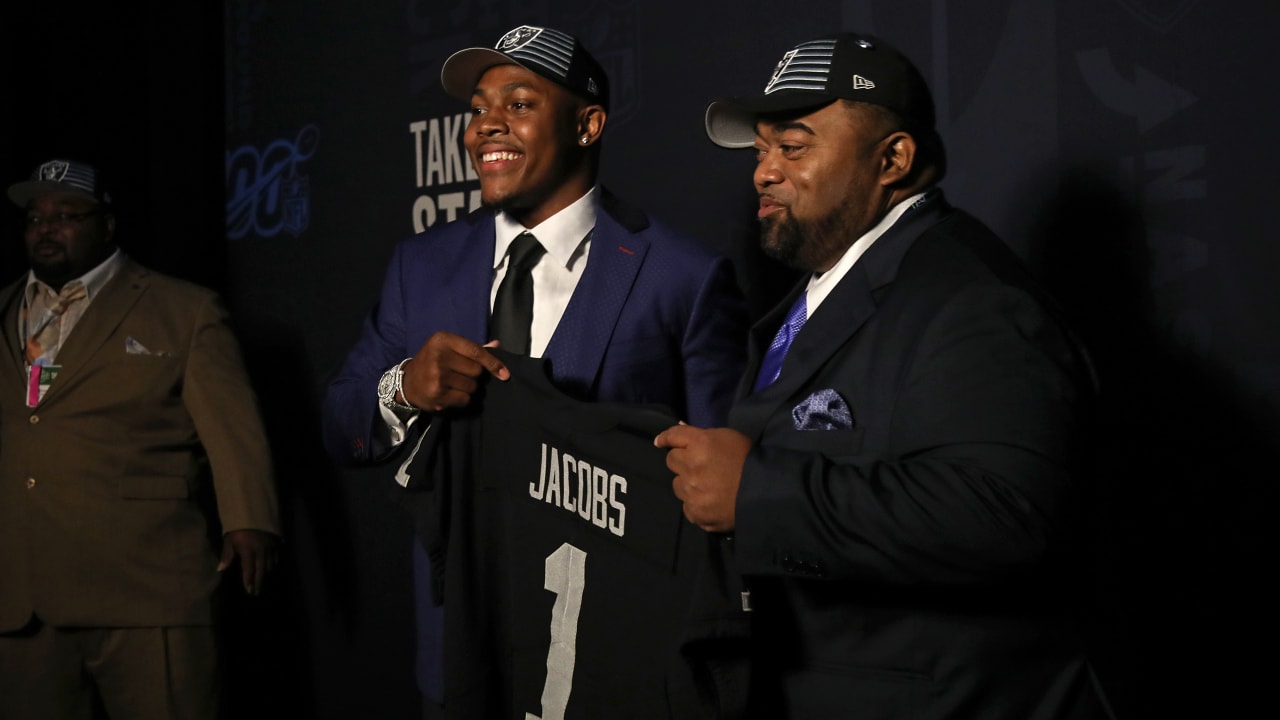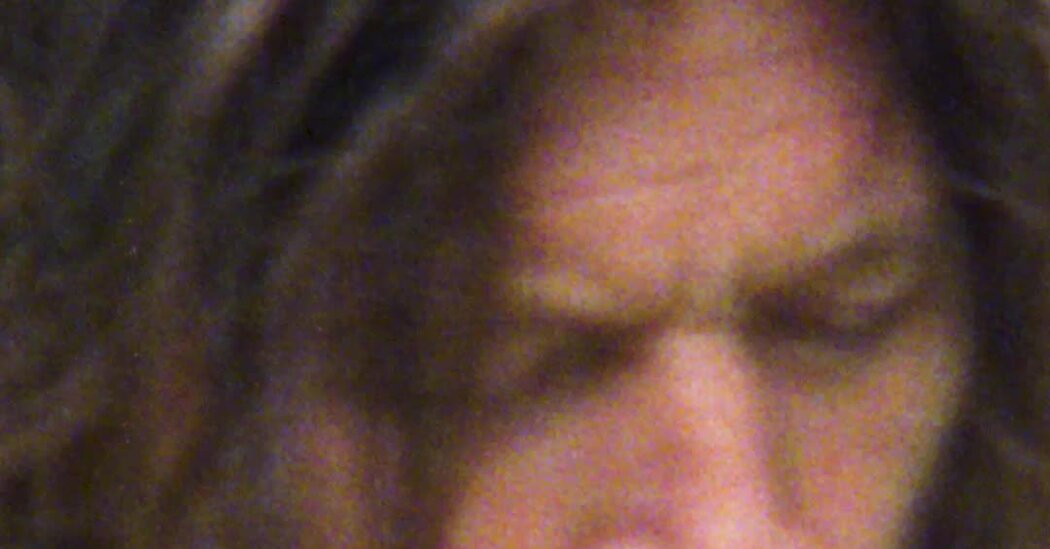
Evan Dando begins his new memoir, “Rumors of My Demise,” in February 2021, back when the Lemonheads frontman was strung out on drugs and residing in a grim trailer on Martha’s Vineyard off the coast of Massachusetts.
“I was in horrible shape, losing teeth,” he writes, “and living off cheeseburgers — which I could barely chew — Marlboro Reds, purple Powerade (two for the price of one at Cumberland Farms), and a $200 daily drug budget.”
It had been a protracted fall from grace. In 1992, the Lemonheads achieved modern rock radio success — and Dando reached Gen X sex symbol status — with the release of the group’s fifth album, “It’s a Shame About Ray,” highlighted by a melancholic title track and a jaunty cover of Simon & Garfunkel’s “Mrs. Robinson” that was tacked on to later pressings at management’s insistence. Its follow-up the next year, “Come on Feel the Lemonheads,” featured the jangly gem “Into Your Arms,” originally by the Australian duo Love Positions. The remake spent nine weeks at No. 1 on the Billboard modern rock chart.
Dando, the only constant in the Lemonheads, a “collective” that has counted dozens of members over the years, said the creative drought was the result of a heroin addiction dating to his mid-20s. “It makes your conversation between your heart and your head stop, and your conversation between the world and you stop,” Dando, now 58, said in an interview in July. “And there’s all these reissue tours to go on anyway.”
In late 2021, after watching video of an embarrassingly shambolic solo performance at the Hollywood Forever cemetery, the singer and guitarist checked himself into rehab and kicked heroin. Later, he quit shooting up speed and cocaine. “Over-the-counter” substances, however, are still fair game, he revealed during the frequently discursive sit-down at a cocktail bar in Manhattan’s Flatiron neighborhood, which began with him ordering two “real strong” spicy margaritas for himself at once.
“I don’t believe God meant us to be sober,” said Dando, who clutched a pre-rolled joint in his left hand for the duration of the interview. “Why would monks make booze?” The scruffy musician wore a zebra-print bowling shirt and had a sizable blue stain on his right forearm, evidence of a renewed interest in painting. “I just know that heroin is really, really satanic for me,” he said.
Dando has a reputation for being candid with journalists, at times to his detriment. Take his answer to a softball opening question about why he decided to write his memoir, first announced at the height of Covid, in late 2020. “To tell you the truth, I didn’t have any way to survive, and so I had to get a little money,” he replied. “That’s what they don’t want me to say, but I’m sorry, I tell the truth.”
He also admitted to being somewhat unfamiliar with parts of his own book (out Oct. 7), sourced from hours of interviews with his collaborator, the music writer Jim Ruland. “I fixed four chapters,” Dando said. “The first four chapters, I can legit say they’re great, and after that, I still haven’t finished reading it.”
By the time a September follow-up video call came around, Dando had gotten through the memoir. His verdict? “There’s not anywhere near enough bad things in it,” he said. “I’m talking about, like, ‘I was so cool that I met a girl and she kissed me and she took my pants off and the next morning she made me breakfast.’” He added an extremely rough paraphrase of the famous George Orwell line “Autobiography is only to be trusted when it reveals something disgraceful.”
Dando was excited to discuss “Love Chant,” the Lemonheads’s first new album of original songs in 19 years, out Oct. 24. The current lineup — the bassist Farley Glavin and the drummer John David Kent complete the trio — recorded the LP primarily in São Paulo, Brazil, near where Dando now lives with his second wife. It features a coterie of the musician’s indie-rock friends, including J Mascis and Juliana Hatfield.
“It’s got some sweep, it’s got a little bit of shuffle and some groove to it,” Dando said of the album during the video call. “I’m very proud of the way it sounds. Took me a long time to get there.”
Dando, whose fashion model mother and real estate attorney father split up when he was a preteen, formed the Lemonheads in 1986 with Ben Deily and Jesse Peretz, fellow students at the Commonwealth School in Boston. “The young version of Evan had a lot of consistency with who he became as an adult,” Peretz recalled in a phone interview. “He was definitely always a bit rebellious. His instinct was to do the things he wanted to do and not do the things he didn’t want to do.”
The Lemonheads didn’t entirely fit in locally. “Somebody fairly early on called us ‘sweater punks,’ which was a bit of a dig,” Peretz said. “There was this much more hardcore punk rock scene in Boston, which we were a little bit impostors in, because we were definitely these privileged kids going to this private school.”
The band released three indie punk-pop albums, the last of which, “Lick” (1989), scored a minor MTV hit with its cover of Suzanne Vega’s “Luka.” Peretz left the group to attend film school before the recording of “It’s a Shame About Ray,” an album that ushered in a more melodic and accessible era for the band.
In an interview, Chris Black, a Lemonheads fan and the co-host of the pop culture podcast “How Long Gone,” called “Ray” “an all-timer,” praising its simplicity and “crossover appeal.” (Black sang on a cover of the album’s languorous “My Drug Buddy” featuring the indie artists Kevin Morby, Katie Crutchfield, MJ Lenderman and Brad Cook.) “He was an icon, and he was cool,” Black said of Dando in the ’90s. “But he also seemed like a guy I might know or do coke with.”
Dando was of two minds about his “alternahunk” period. “I shouldn’t have gone along with that,” he said at the bar. “I should have said no to People’s 50 Most Beautiful People in the world. But you know what? It was too funny, and it was a good class of people, like Kate Moss” — a fling-turned-friend, he writes in the book — “and Cindy Crawford.” He added, “I knew my music was going to suffer. That’s not a good thing. I mean, it was good for getting people to rag on us more.”
On top of that, the musician developed a reputation for erratic behavior fueled by drugs, including crack cocaine. In late 1993, the British music paper NME ran a photo of Björk and Dando on its cover with the terrible pun headline “Venus and Dopehead.” After Nirvana’s Kurt Cobain died in April 1994, the odds seemed good that Dando would be the next grunge era fatality.
As his memoir’s Mark Twain-inspired title suggests, there were rumors that Dando had, in fact, died. However, as junkies go, Dando was extremely lucky. “I never overdosed once, not me, and I never lost anybody” while doing drugs together, he said.
There was also persistent gossip that he had an affair with Cobain’s wife, the musician Courtney Love, a rumor Dando has long maintained Love started herself. “There was nothing going on with us,” he said, adding, “I’m sorry, Kurt, but I’m not attracted to her.” Dando said he’d had a spiritual revelation that Cobain, who he was told went to his death believing that there had been an illicit relationship, now knew the truth.
Dando split from his first wife, the English model Elizabeth Moses, in 2009. He originally met his new spouse, Antonia Teixeira, in 1994 when the Lemonheads played Brazil. They reconnected years later via social media, and Teixeira, a video maker and the daughter of the Brazilian singer-songwriter Renato Teixeira, visited Dando on Martha’s Vineyard during his 2021 nadir. “She saved my life,” Dando said. “She made my life worth living again.”
It was through Teixeira’s family that Dando connected with Apollo Nove, the Brazilian multi-instrumentalist and producer of “Love Chant.” In an interview, Nove hailed the energy of the LP, which includes the ragged, riff-heavy singles “Deep End” and “In the Margin.”
“You know, it’s not a morose comeback album, because when people come off drugs, normally, they will put out a comeback album that’s a bit wounded — not as strong, not as energetic,” he said. “And we made sure that it was bad to the bone.”
As the interview at the bar wound down, Dando expressed excitement about the future, which will include the Lemonheads touring behind “Love Chant” and the release of another album of originals, a good deal of which the group has already recorded with Nove.
“I love life more than ever,” Dando said. “And it’s not so bad being an old rocker. You know, old rockers never die — they just smell that way.”
Dando went outside to smoke his joint. Unable to locate a lighter, he instead retrieved a tiny amp and digital delay pedal from a carrying case and set them up on the sidewalk on Lexington Avenue. He plugged in his microphone and crooned a short, reverb-drenched rendition of Sonny and Cher’s “The Beat Goes On” to no one in particular.
